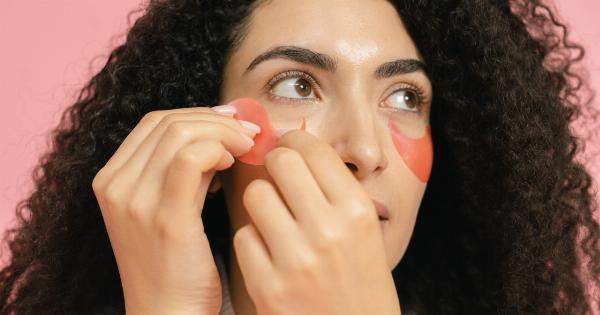Spring is one of the most beautiful times of the year, but for those who suffer from allergies, it can be a miserable time. Allergens like pollen and dust can cause a range of symptoms, including itchy eyes, sneezing, and a runny nose.
One of the most common symptoms of spring allergies is conjunctivitis, or pink eye. In this article, we will provide tips for managing conjunctivitis and preventing spring allergies from taking over your life.
Understanding Conjunctivitis
Conjunctivitis is an inflammation of the conjunctiva, the thin, clear tissue that covers the white part of the eye and the inside of the eyelid.
It can be caused by a variety of factors, including allergens, viruses, bacteria, and irritants like chemicals and dust. When conjunctivitis is caused by allergens, it is known as allergic conjunctivitis.
Symptoms of Allergic Conjunctivitis
The symptoms of allergic conjunctivitis can range from mild to severe. Some of the most common symptoms include:.
- Redness in the whites of the eyes
- Watery eyes
- Itching or burning sensation in the eyes
- Sensitivity to light
- Swelling of the eyelids
Preventing Allergic Conjunctivitis
The best way to manage allergic conjunctivitis is to prevent it from happening in the first place. Here are some tips for preventing spring allergies:.
- Avoid outdoor activities during high pollen counts
- Keep windows and doors closed during peak pollen seasons
- Take a shower or bath after spending time outdoors
- Wash your hands frequently
- Wear sunglasses to protect your eyes from pollen and other allergens
Treating Allergic Conjunctivitis
If you do develop allergic conjunctivitis, there are a few ways to treat it:.
- Use over-the-counter antihistamine eye drops to relieve itching and redness
- Apply a cold compress to the affected eye(s) to reduce swelling
- Avoid rubbing your eyes, as this can worsen symptoms
- If symptoms persist, see a doctor to discuss prescription medications
Other Ways to Manage Spring Allergies
Along with preventing and treating conjunctivitis, there are a few other strategies to manage spring allergies:.
- Take over-the-counter allergy medications like antihistamines
- Use a HEPA air filter in your home to reduce allergens
- Wear a pollen mask when doing outdoor activities like gardening or mowing the lawn
- Vacuum and dust your home frequently to remove allergens
- Consider allergy shots or immunotherapy to desensitize your body to allergens
Conclusion
Spring allergies can be a major nuisance, but with the right strategies, you can manage them effectively. Preventing conjunctivitis and other allergy symptoms involves a combination of avoiding allergens and treating symptoms when they do occur.
By following these tips, you can enjoy the beauty of spring without suffering from itchy, red eyes.






























